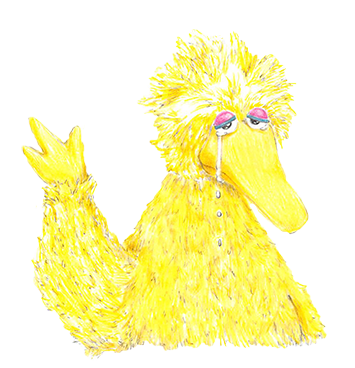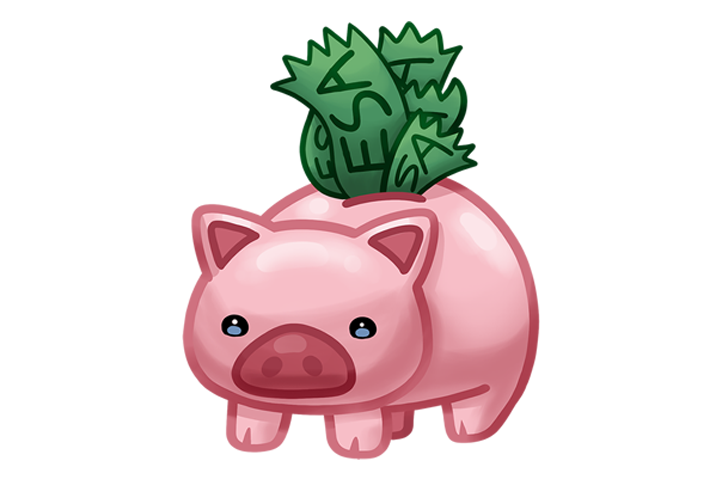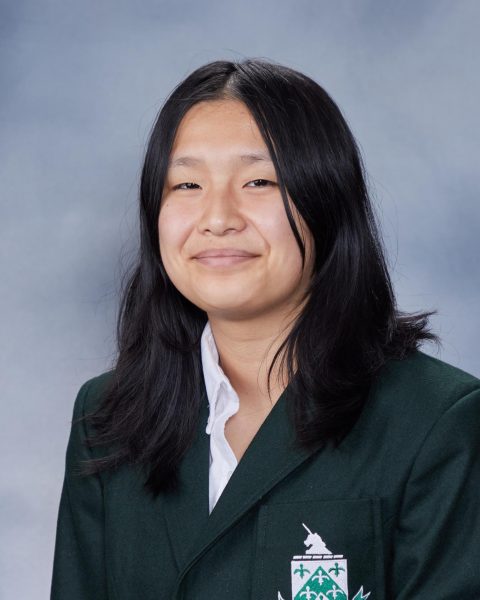The 1,328 miles between Dallas and Washington D.C. can make the messy reality of politics feel far away as it normally takes a long time to feel the effect of policies and bills.
However, President Donald Trump’s tariffs and funding cuts have been the exception.
A tariff is a tax on imported goods designed to make foreign products more expensive and thus encourage domestic purchases. On Feb. 1, Trump signed an executive order that placed a base 10 percent tariff on all imported goods. He has also placed additional tariffs on various countries which will go into effect later in the year. By April 10, the tariff on China was up to 145 percent.
Junior Sasha Kitson has owned HerbalKiwi, a small electronic commerce business that sells personalized items like soaps and candles, since she was in seventh grade. Kitson felt the impact of the tariffs immediately.
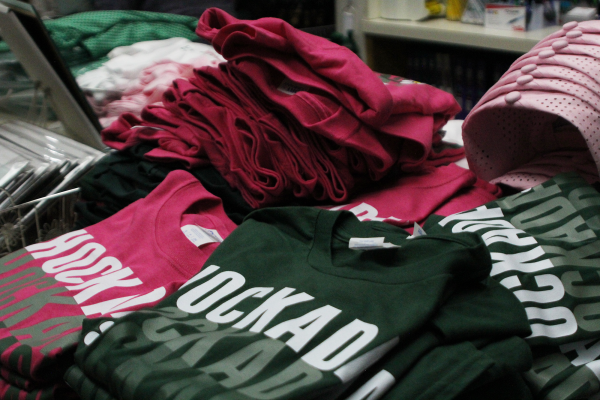
“I was definitely worried, because even though a lot of my materials are sourced in the U.S., I still use a lot of companies that obviously still source from China,” Kitson said. “For example, the soap dishes I put in some of my gifts are originally sourced from China, so those tariffs hit me hard.”
Kitson originally planned to launch a new product line with items from the M?ori tribe in New Zealand but scrapped the idea because the tariffs made it uneconomical.
“The prices of my goods will definitely go up, which is not the best for consumers because I try to keep my prices pretty low,” Kitson said.
Additionally, she has to seriously consider changing suppliers for materials.
“Over the course of the past few years, everything has gotten more expensive. But I’m starting to see the prices [of the tariffs] hit now on Amazon with the stuff I buy there,” Kitson said. “I’m definitely going to have to start pivoting suppliers soon, I think before the 90 day lift comes off.”
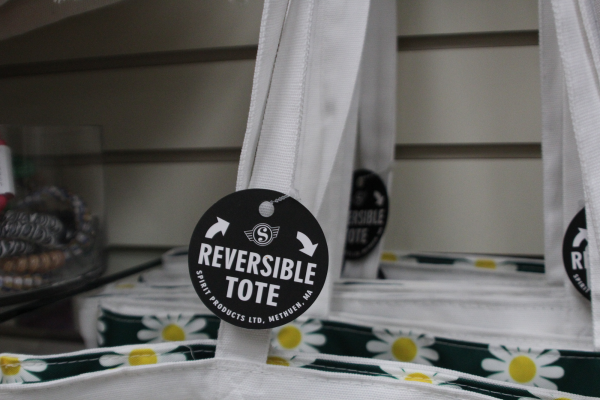
Bookstore manager Dara Williams feels similarly about goods increasing in price
“Because I haven’t placed any orders in the last month or two, I haven’t noticed anything other than food prices [increasing], but that’s just been kind of consistent over the past few years,” Williams said.
The bookstore features brands like Nike and Pentel, which are manufactured abroad. Williams typically places orders for apparel in August and December, so current merchandise has not been impacted.
“We do try to keep competitive pricing,” Williams said. “If you go to a Target or a Walmart, obviously they get a better margin on everything because they’re ordering in large quantities while we’re ordering in much smaller quantities. That’s where we don’t get the best bang for our buck.”
Williams hopes that bookstore prices will be able to stay the same even with tariffs.
“I’m hopeful that we don’t have many items with a large sales tax increase and that we can just keep pricing the same as it is and just kind of eat the increase,” Williams said. “But if something is tremendously more expensive, by five or six dollars, for example, I’m going to have to bump up the prices a couple dollars.”
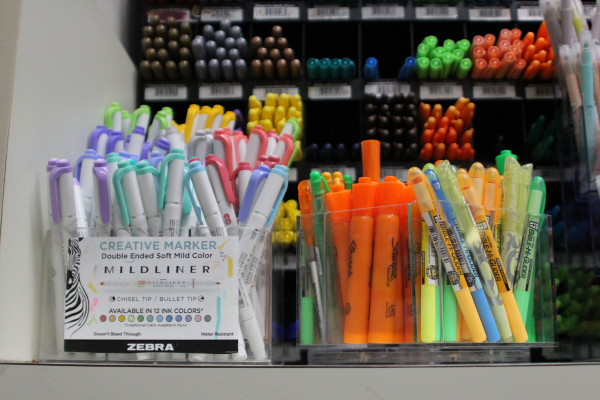
In addition to tariffs, Hockaday community members are feeling the effects of funding cuts to research projects.
A Hockaday alumna conducting research at a medical research institution, who will be identified by the pseudonym Lily Wilson due to concerns about commenting publicly, was shocked to find out her research funding had been cut.
“[We are] a research powerhouse, and to hear that NIH [The National Institutes of Health] funding was being suspended was so scary,” Wilson said. “I think some people can forget that [we are] more than just a hospital. There are so many different labs that are doing cutting-edge research to find cures for different diseases and so much more.”
Top officials at the program have directed researchers to continue their work and promised to support them through the funding suspension. The principal investigator (PI) of Wilson’s lab has also continued to apply for different grants to support their lab. Due to this, Wilson’s daily routine and research have not changed significantly.
“I think we currently have all of our funding since the NIH was reinstated,” Wilson said. “But I know that my lab’s PI is applying for more grants because they believe that is the best way to show the government that this funding is important to research.”
In the meantime, Hockaday students have begun to prepare to change their plans after graduation.
“I’ve seen a lot of my friends have their research cut and their jobs cut,” Kitson said. “I’m also a little more hesitant to study abroad in the future as well.”



